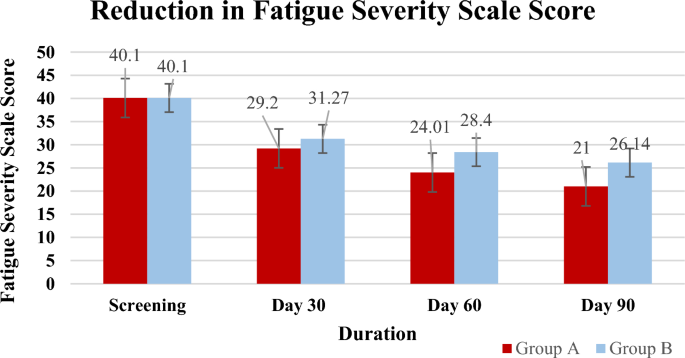Prediabetes patients should delay diabetes onset by 4 years: study
Four more years! Prediabetes patients should try to delay the onset of diabetes by at least four years to significantly lower their risk of early death and complications such as heart attack or stroke, a new study finds. With prediabetes, a person’s blood sugar is above average — but not high enough for a Type…

